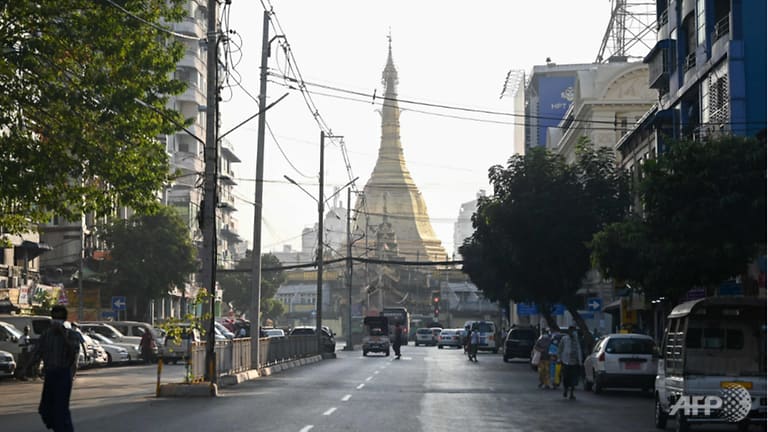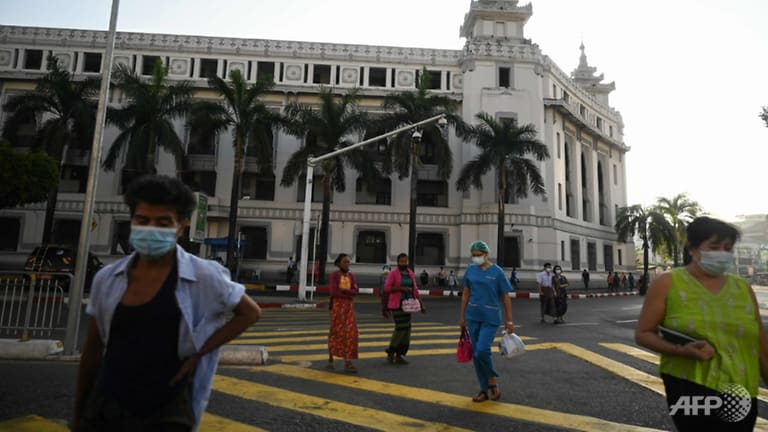MYANMAR MILITARY SEIZES POWER

Myanmar’s military seized power on Monday (Feb 1) in a coup against the democratically elected government of Nobel laureate Aung San Suu Kyi, who was detained along with other leaders of her National League for Democracy (NLD) party in early morning raids.
The army said it had carried out the detentions in response to “election fraud”, handing power to military chief Min Aung Hlaing and imposing a state of emergency for one year, according to a statement on a military-owned television station.
A presenter on Myawaddy TV made the announcement, citing a section of the military-drafted constitution that allows it to take control in times of national emergency.
He said the reason for takeover was in part due to the government’s failure to act on the military’s claims of voter fraud in last November’s election and its failure to postpone the election because of the coronavirus crisis.
Phone lines to the capital Naypyitaw were not reachable and state TV went off air hours before parliament had been due to sit for the first time since the NLD’s landslide election win in November, viewed as a referendum on Aung San Suu Kyi’s fledgeling democratic government.
Soldiers took up positions at city hall in the main city of Yangon and mobile internet data and phone services in the NLD stronghold were disrupted, residents said. Internet connectivity also had fallen dramatically, monitoring service NetBlocks said.

The detentions of Aung San Suu Kyi and other leaders came after days of escalating tension between the civilian government and the military that stirred fears of a coup in the aftermath of the election.
Myanmar lawmakers were to gather on Monday in the capital Naypyitaw for the first session of parliament since last year’s election.
The 75-year-old Aung San Suu Kyi is by far the country’s most dominant politician, and became the country’s de facto leader after leading a decades-long nonviolent struggle against military rule.
Her party captured 396 out of 476 seats in the combined lower and upper houses of parliament in the November polls, but the military holds 25 per cent of the total seats under the 2008 military-drafted constitution, and several key ministerial positions are also reserved for military appointees.
The military, known as the Tatmadaw, charged that there was massive voting fraud in the election, though it has failed to provide proof. The state Union Election Commission last week rejected the allegations.
This is a developing story. Please refresh for updates.
Source: Channel News Asia





